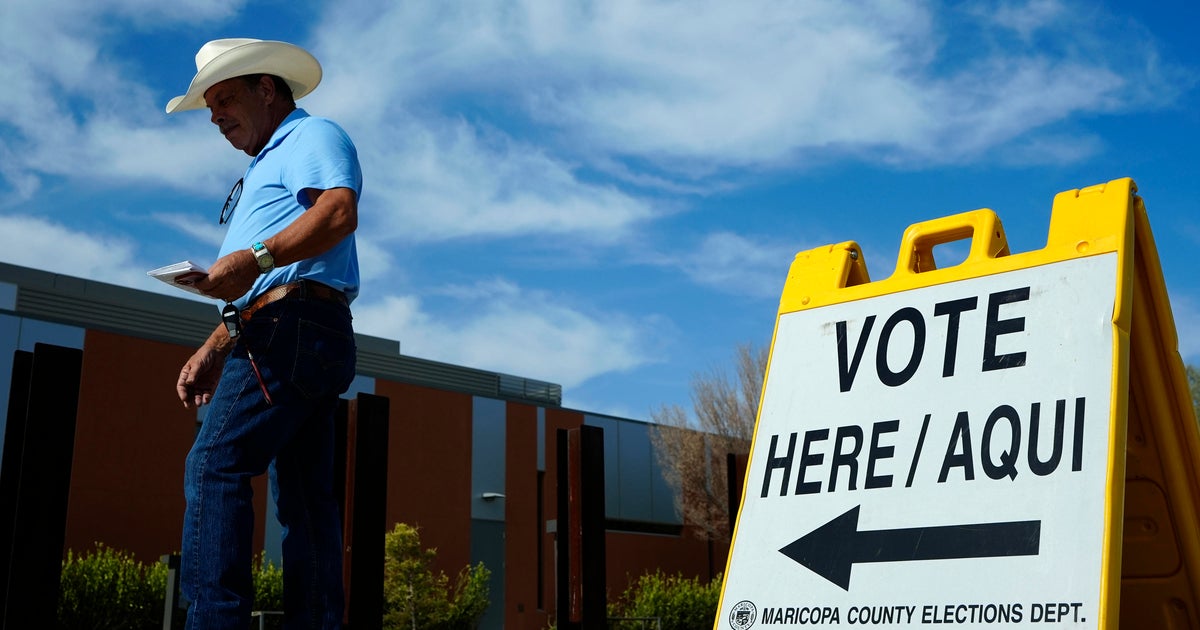
Arizona Supreme Court rules that 98,000 people without confirmed citizenship docs can still vote in state races
CBSN
The Arizona Supreme Court ruled Friday that nearly 98,000 people whose citizenship documents hadn't been confirmed can vote in state and local races.
The court's decision comes after officials uncovered a database error that for two decades mistakenly designated the voters as having access to the full ballot.
Secretary of State Adrian Fontes, a Democrat, and Stephen Richer, the Republican Maricopa County recorder, had disagreed on what status the voters should hold. Richer asked the high court to weigh in, saying Fontes ignored state law by advising county officials to let affected voters cast full ballots.
More Related News
